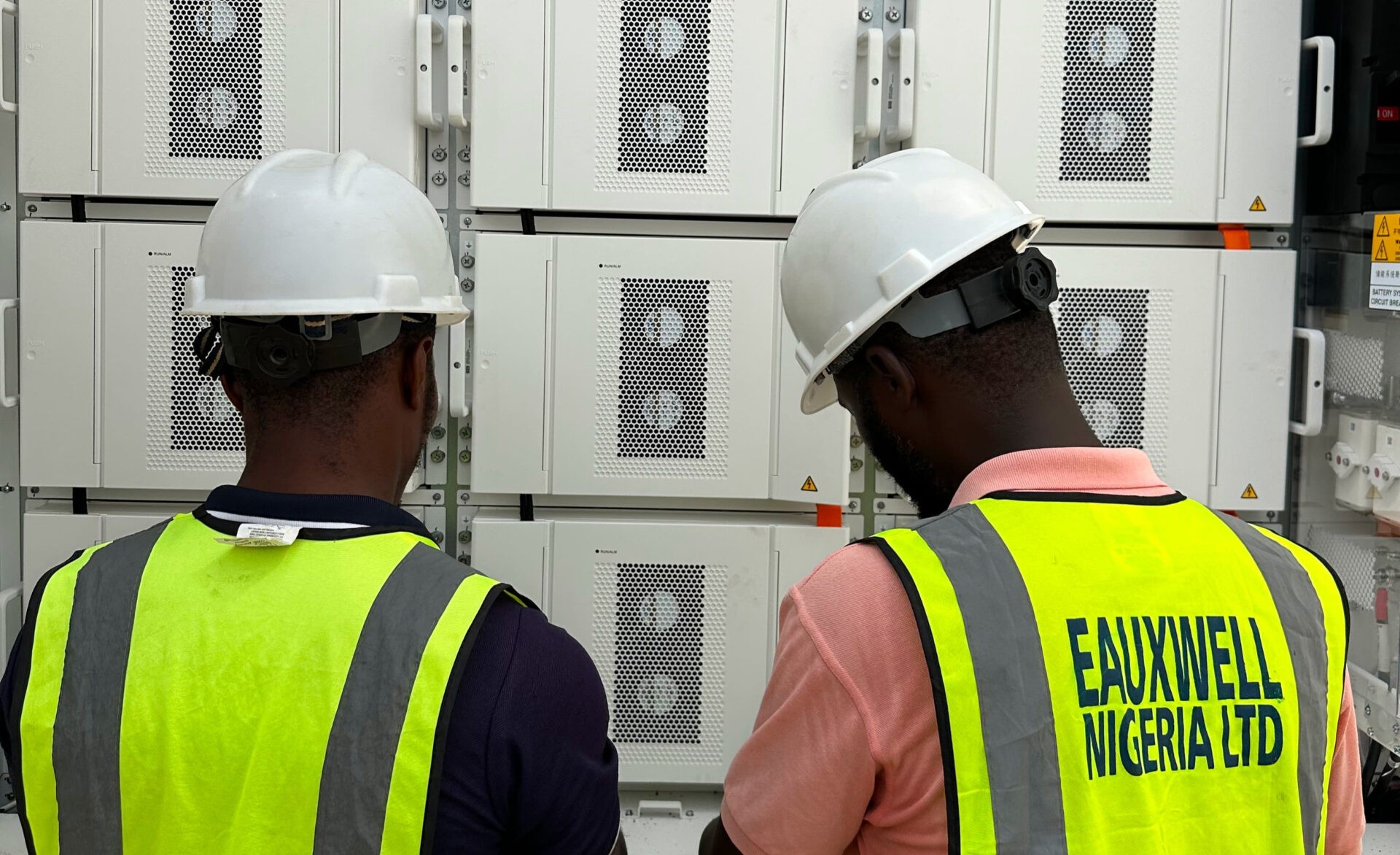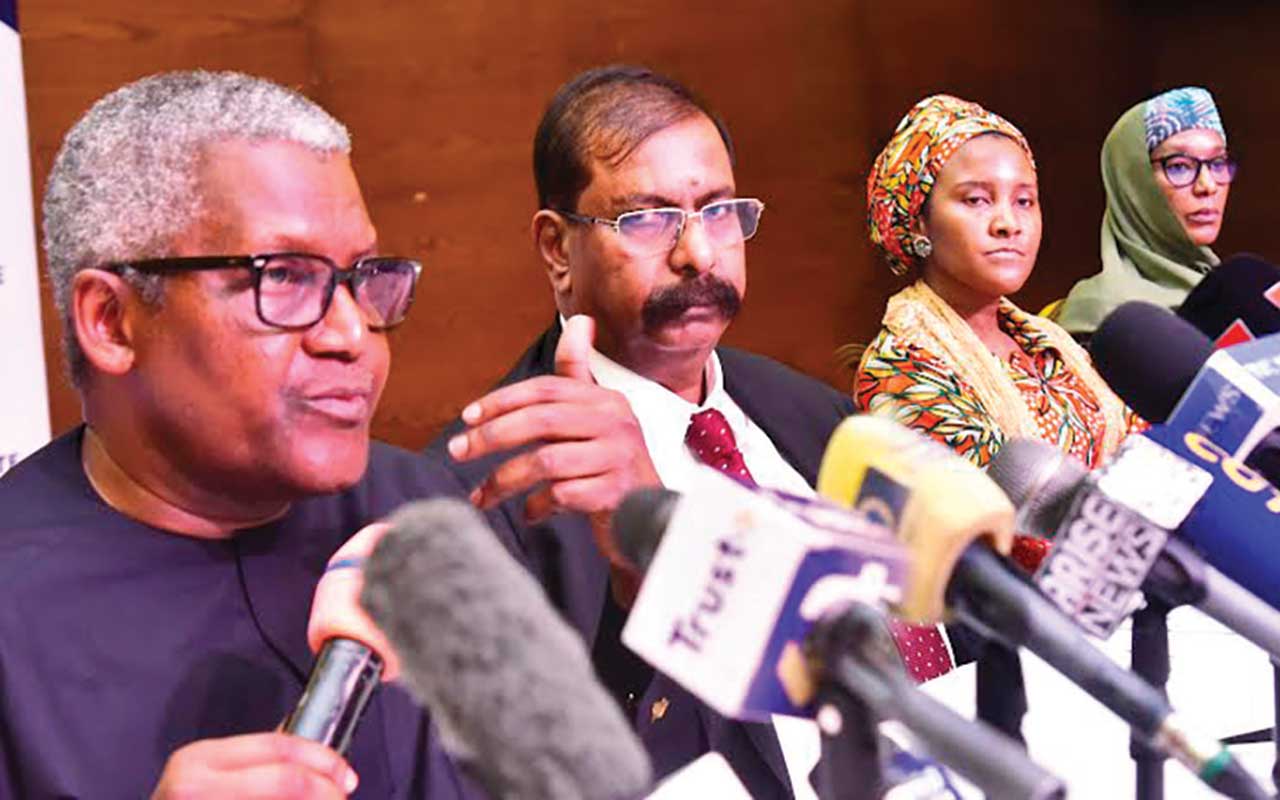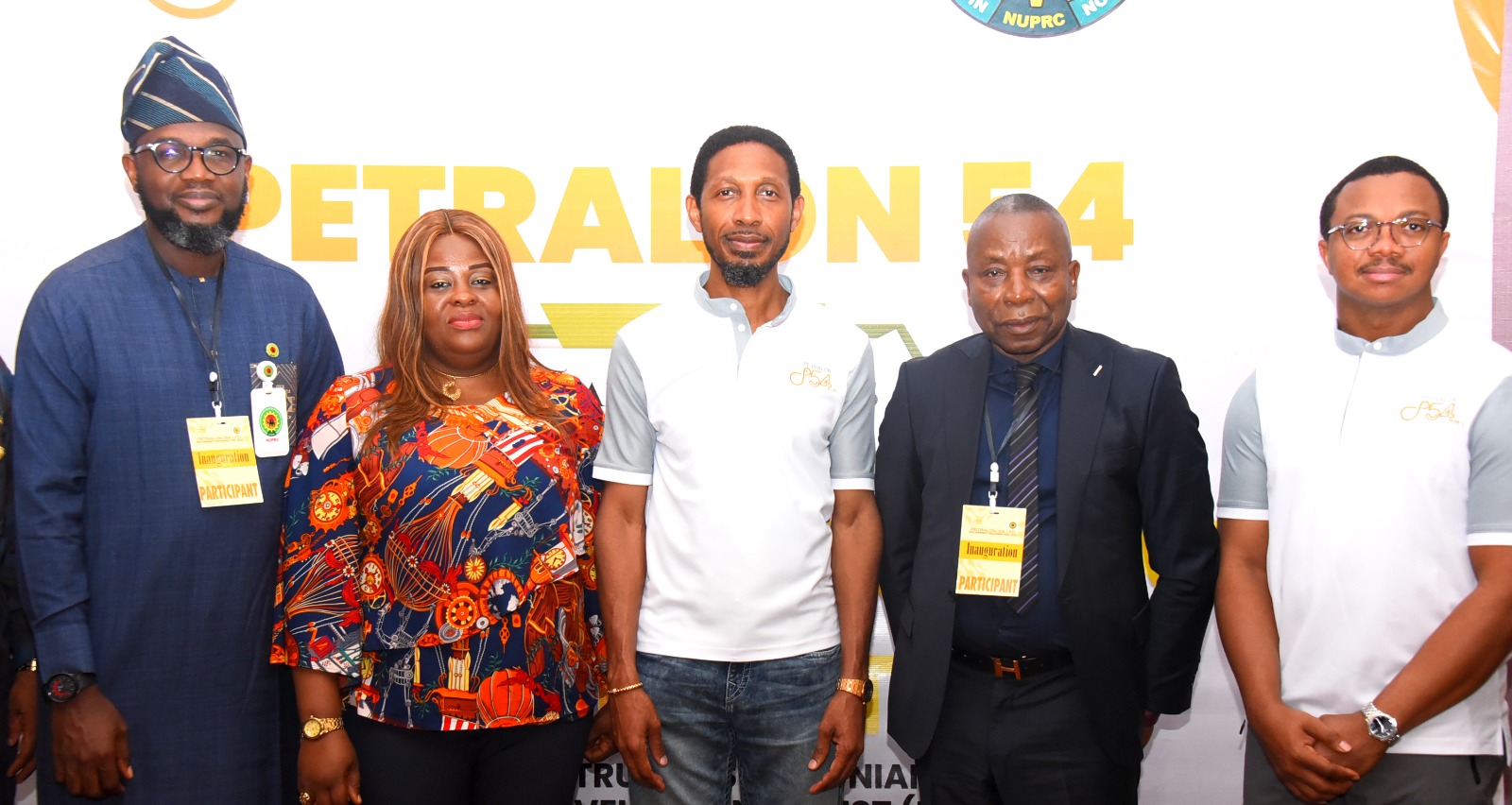Dan Moriarty is the Managing Director of CDGA Consultants, an Irish firm, operating Cork Nigeria Solar Energy Company (CNSEC). In this interview with KINGSLEY JEREMIAH, Moriarty discusses the need for Nigeria to not only manufacture solar panels locally but also empower its people and ensure communities lead and own energy solutions.
Can we get insights into your planned 200 megawatts solar panel manufacturing p lant in Nigeria?
Our company, Cork Nigeria Solar Energy Company (CNSEC) is coming to Nigeria for the first time alongside Enthree Strategy to advance plans for a 200MW solar module assembly plant in the Lagos Free Zone. This isn’t just about infrastructure, it’s about helping Nigeria take real steps toward cleaner, more affordable, and locally-produced energy.
Our vision is to manufacture Nigerian-made solar PV modules and have them installed by Nigerian technicians trained through our certified programme. We’re not just building a plant, we’re building capacity, jobs, and skills that will stay in Nigeria and drive long-term energy transformation.
This week, we’re meeting with key stakeholders including the Minister of Power, NERC, NIPC, REA, NiNAS, the Lagos State Ministry of Energy & Mineral Resources, the Lagos Free Zone management, and major solar distributors and developers. We’re also hosting an Offtakers Roundtable in Lagos to explore strategic partnerships and long-term supply agreements.
When I hear that Lagos residents and businesses spend over N1.4 trillion each year on generator fuel, I see an enormous opportunity. With this project, we can offer a sustainable, cost-effective alternative while reducing reliance on imports and building a strong local solar industry.
CNSEC is backed by CDGA, an Irish consultancy firm with years of experience in electrification projects across the Middle East and Africa. I’ve worked with the UN, World Bank, and national governments in Iraq, Mali, Liberia and Kenya, mainly on training installers and building local energy expertise. But after a decade in that space, I became frustrated. Too often, development projects focus on equipment, not people. They deliver solar panels, but no one sticks around to train locals or ensure systems are maintained.
I want to do things differently. We’re not just selling solar panels, we’re training the people, who’ll install and maintain them. We’ll provide certified design reviews that unlock international financing, so communities can build and own their systems.
My inspiration comes from Ireland. In the 1980s, we were one of Europe’s poorest countries. By the 1990s, strategic investment and local entrepreneurship transformed us into one of its wealthiest. Nigeria can do the same.
After a tough experience with a cancelled USAID grant in Ukraine, I knew it was time for a new approach, one that puts local people first. Nigeria is full of potential. We’re here to partner, invest, and grow together from the ground up.
Can you give us a timeline of your plans, what you’ve done, your next move, and others?
Right now, we’re in the early stages. This is my first visit to Nigeria, and the goal is to meet stakeholders and validate key assumptions. I need to understand the renewable energy landscape here by speaking directly with those in the industry.
Next, we need to secure financing. We’ve gathered vendor quotations and are now engaging with stakeholders at the Lagos Free Trade Zone to prepare our financing package for the solar PV module production line. In the meantime, we’re aiming to launch our training services quickly. This has a lower capital requirement and allows us to start working with people on the ground almost immediately. It will also help us design solar PV products that are truly fit for the Nigerian market.
Are you planning to assemble kits or to manufacture entirely in-country?
We’re working with Eco Progetti, an Italian company experienced in setting up turnkey solar module lines in countries like Morocco and Uganda. Ultimately, we aim to produce high-performance 700-watt Topcon modules. But we’re still assessing the availability of raw materials and engaging local off-takers to get a full understanding of the supply chain.
How do you plan to compete with the cheaper imports from China?
We can only compete by offering more than just the panels. Our package will include training, design reviews, and support services. Additionally, many companies are currently sending their panels abroad for ISO testing, which takes 4–6 weeks. If we can provide a local certified testing facility, we’ll eliminate the need for costly, time-consuming offshore certification. That’s a major value proposition.
You’ve emphasised local capacity building, do you have any targets?
We have a target of training 6,000 technicians by 2028. We aim to train 1,000 by 2026 and ultimately scale up to 2,000–3,000 yearly.
Across Africa, what are the major challenges in the renewable energy value chain, especially in maintenance?
The biggest issue is that everyone is focused on the initial installation. People love the photo-op moments of cutting the ribbon but neglect maintenance. Many systems that should last 25 years fall into disrepair within eight to 10 years due to poor upkeep or vandalism. This happens when local communities aren’t involved. If they understand the technology, its benefits, and how to maintain it, systems tend to sustain themselves. Engagement and education are critical.
With global aid, particularly from the U.S., being reduced, what will be your advice for African countries?
The U.S. was the biggest donor for years, partly out of altruism, but also as a tool of foreign policy. Now that it’s pulling back, Africa needs to look to other sources, China, and the Middle East. These institutions must pivot and develop new funding channels.
How hard is it to get funding for your projects?
There’s a clear financing gap between the Global North and South. At COP last year, African countries asked for significant funding and received very little. One idea I support is setting aside a small percentage, say one to three per cent of oil revenues to fund renewables. Countries like Norway have used oil wealth to support their transition. Nigeria can do the same. Oil revenues can be used to fund clean energy infrastructure and address electrification challenges.
Is the ease of doing business in Nigeria not a concern to your firm?
In all honesty, I’ve done business in Iraq during the war, in Syria, and in Ukraine during wartime. These are extremely difficult environments, but that’s also where the biggest opportunities are. If 95 per cent of people are scared away, the market opens up for those willing to engage meaningfully and build mutual benefit. If you’re here only to extract value, you’ll struggle and rightly so. But if your goals are aligned with local needs, you’ll find partners.






